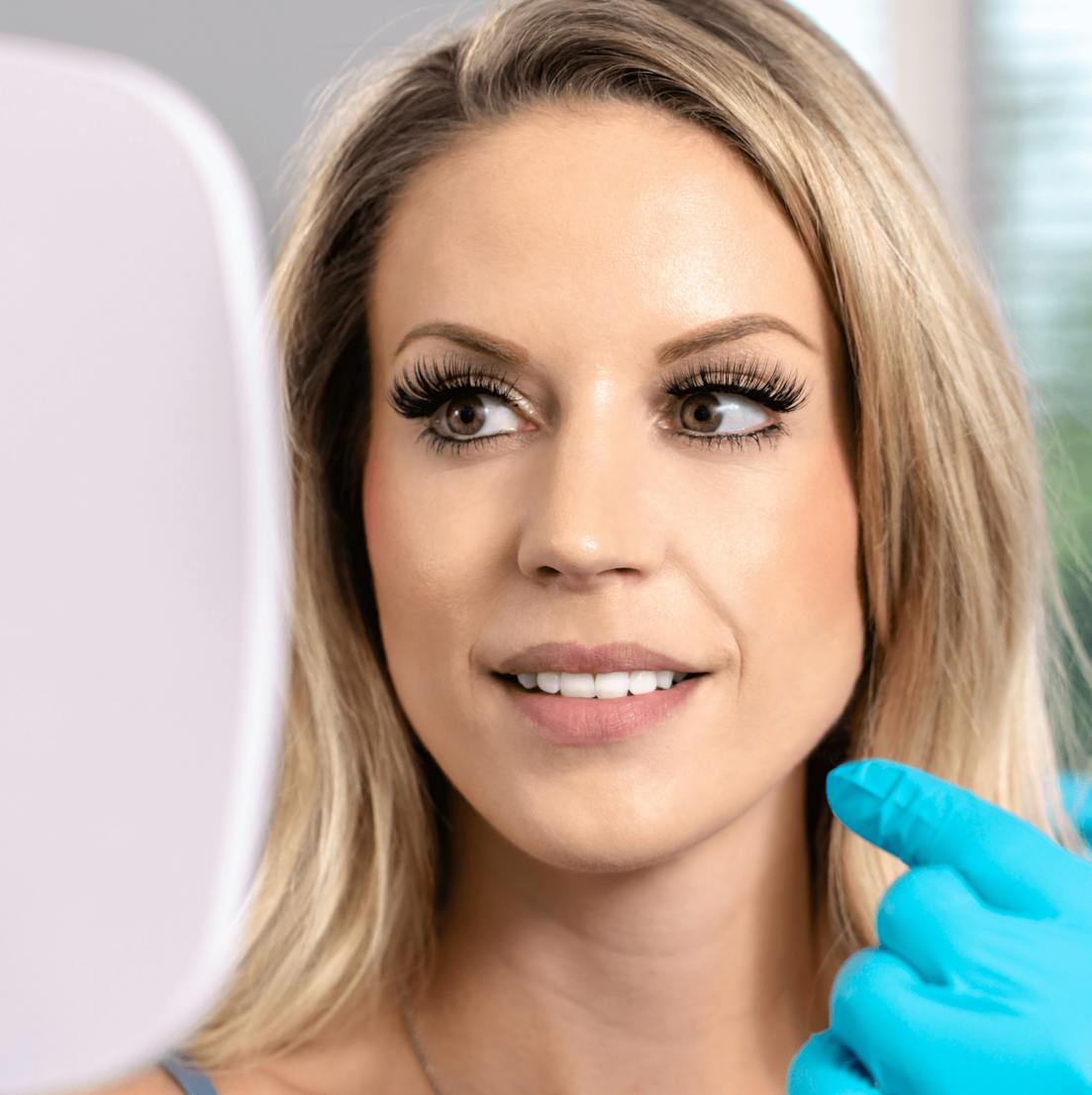Begin your journey.
Your journey to a happier, more confident life starts with a private, in-depth consultation with your surgeon, where we learn about you and your vision and goals. Discover San Antonio’s premier clinic for plastic surgery.
Your journey to a happier, more confident life starts with a private, in-depth consultation with your surgeon, where we learn about you and your vision and goals. Discover San Antonio’s premier clinic for plastic surgery.

© Hill Country Plastic Surgery. All Rights Reserved.